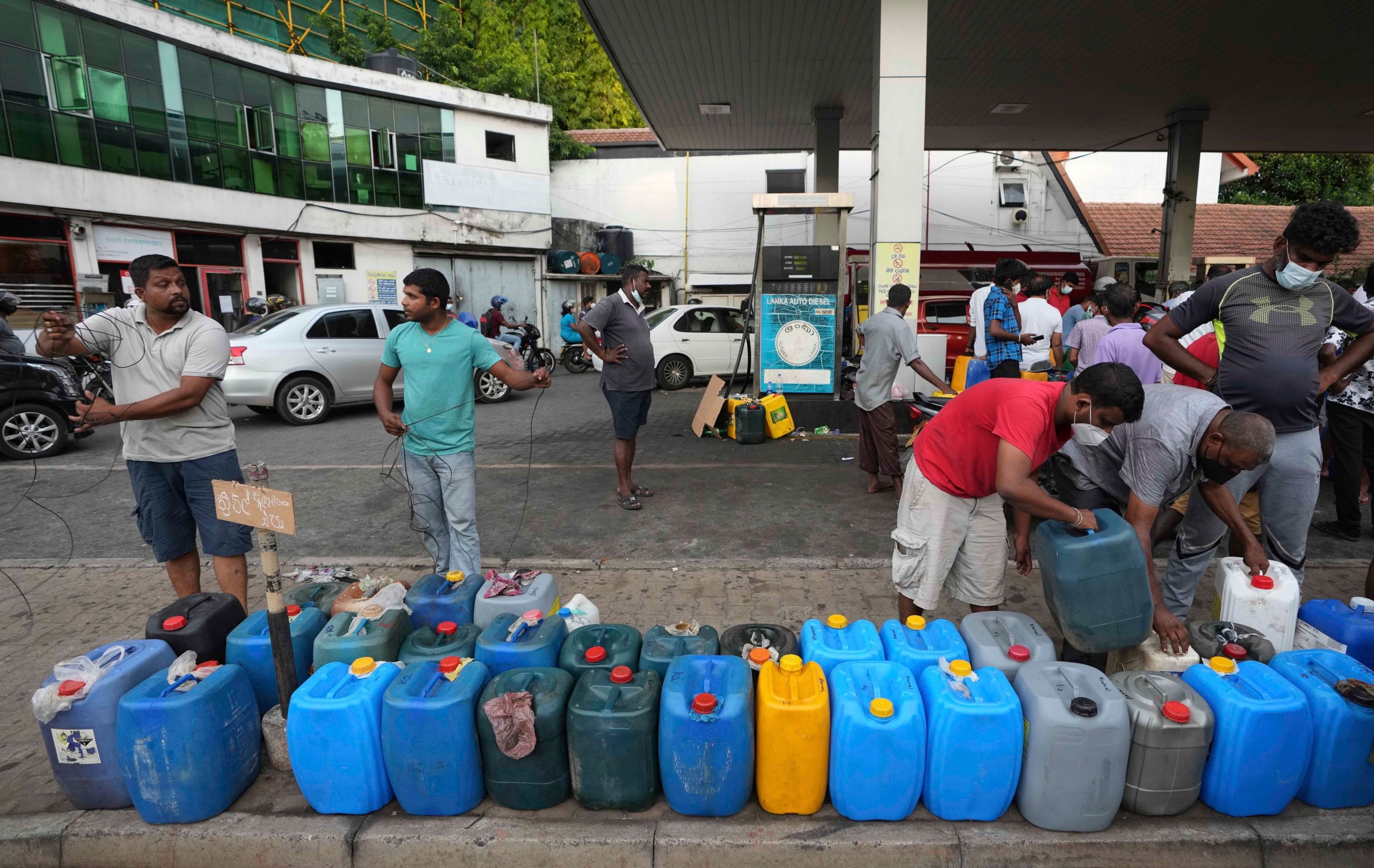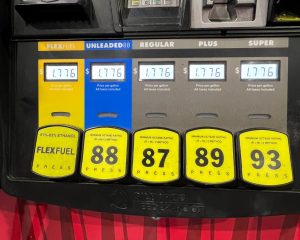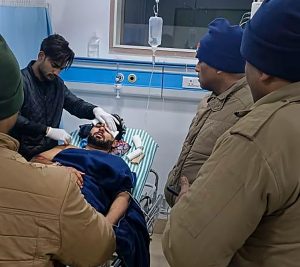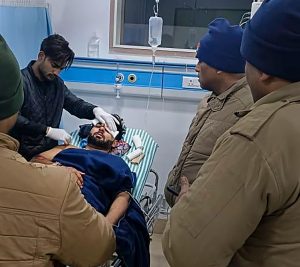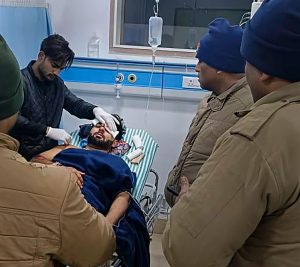Out of fuel and stuck in line for days, a group of motorists kick off their shoes and settle on a sidewalk in Sri Lanka’s capital for a round of cards. Emergency curfews, tear gas plumes and the sudden departure and resignation of the president have all failed to budge the long vehicle queues snaking out the empty petrol stations.
It can be seen that fuel shortages have been a source of frustration for months but are now worse than ever, with some people waiting in line for days without any guarantee of a refill.
Also read: Sri Lanka crisis: What is Gotabaya Rajapaksa’s final destination?
“I have been here for four days,” said Vipul Dissanayaka, the driver of one of the city’s ubiquitous three-wheel motor taxis.
The 56-year-old would normally be ferrying people around the city, but in recent months, the increasing time spent waiting for fuel has made his work all but impossible.
Also read: Sri Lanka President Gotabaya Rajapaksa resigns
Speaking to AFP he said, “Innocent people are suffering. Petrol is how we live. This is how we feed our children.”
Meanwhile, car drivers nearby wait restlessly behind the steering wheel in the city’s tropical heat, while motorcyclists without the luxury of a reclining seat unfurl rattan mats to take a quick nap on the ground.
Also read: Gotabaya Rajapaksa: Rise and fall of the former Sri Lankan president
No one wants to yield their spot after waiting for so long, even as unrest sparked by Sri Lanka’s painful financial crisis has convulsed nearby streets.
They stayed in place even as protesters, who were furious over the government’s economic mismanagement, braved tear gas barrages to storm the home of the president, who later fled the country in an early-hours military flight before emailing his resignation on Thursday from Singapore.
Also read: Who is Gotabaya Rajapaksa?
Recently, Sri Lanka’s energy minister had said that another maritime petrol delivery from India would arrive in the country by next Tuesday at the latest, provided weather allowed it to dock at port.
But the resupply is unlikely to temper frustrations that have grown in tandem with the wait time between new shipments.
“There is no fuel, children are not going to school, prices are very high,” Gihan Martyn, a resident of Colombo, told AFP.

